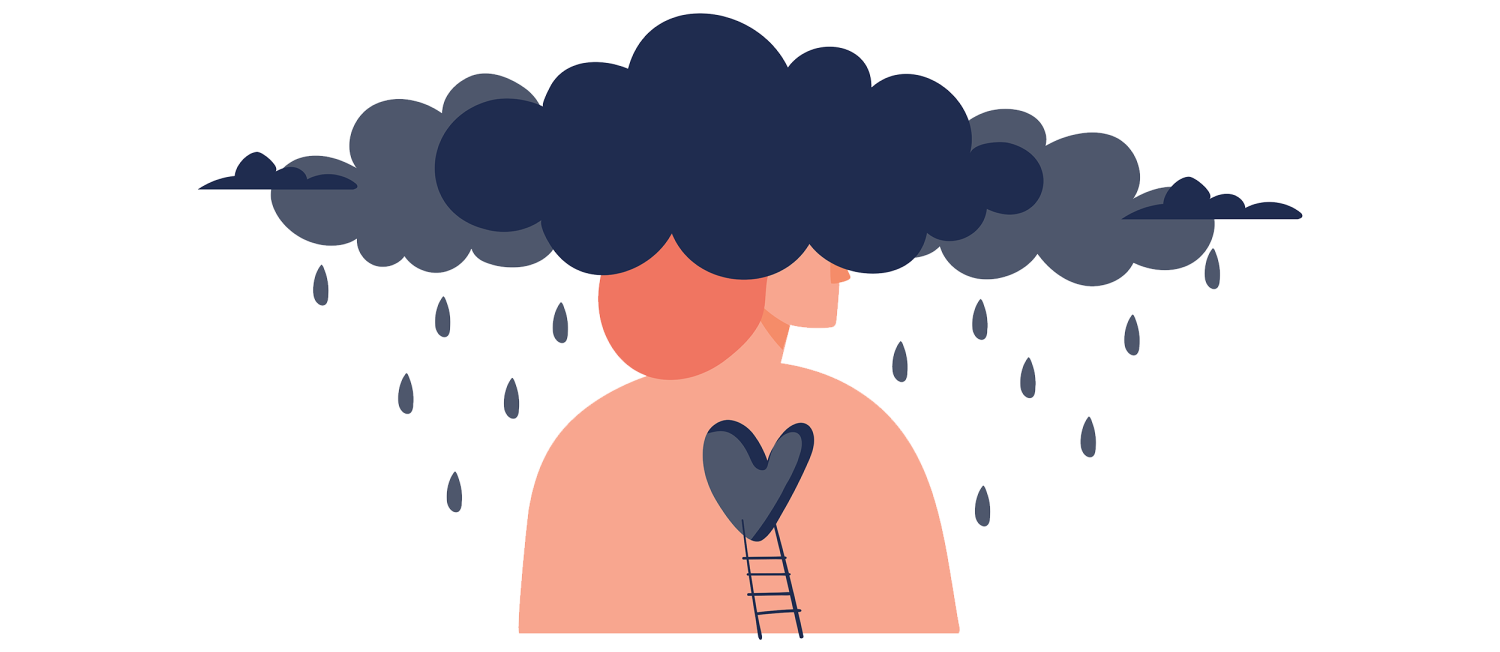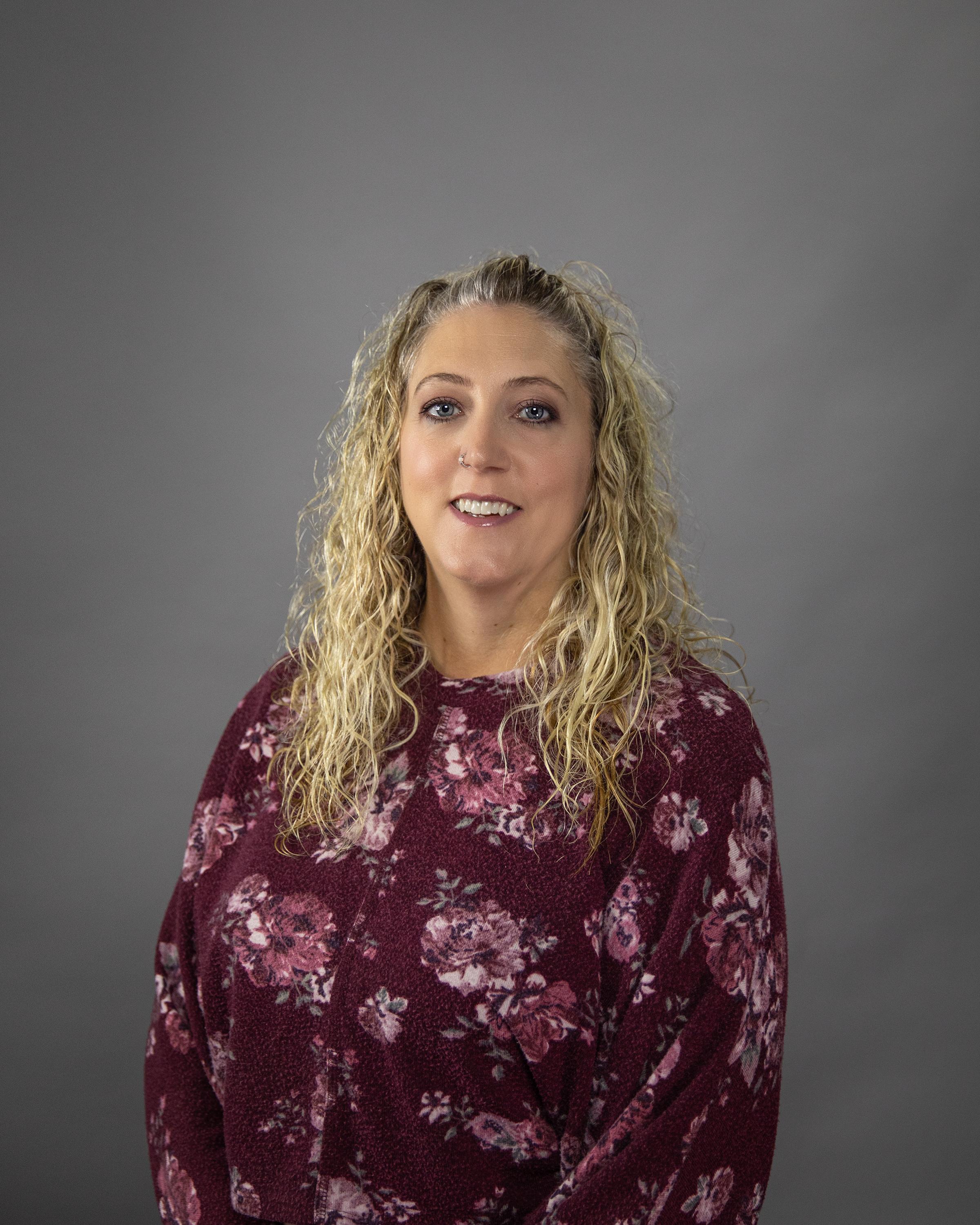
What to expect after losing some you cared for
Someone You Cared For Caregiver grief is real. It can feel overwhelming, make daily life difficult, and bring deep sadness and loss. You can expect to mourn not only their death but also all the cumulative grief that has piled on since you took over their care.
Types of Grief
Ambiguous Loss
Caregivers may struggle when a client is physically present but mentally absent, such as in cases of dementia or coma. This can make it hard to accept their decline while still holding onto hope.
Anticipatory Grief
Caregivers may start grieving before a client passes, especially as they see changes in their health. This grief comes from the bond formed through care and the adjustment to life after their absence. Feelings of sadness, loneliness, and uncertainty are common, along with changes in routine and responsibilities.
Delayed Grief
Some caregivers don’t fully process their loss right away. The emotional strain of caregiving and adjusting to new routines can delay grief, making it harder to cope. Caregiver grief is unique to those who have cared for someone who was sick and dying. Your role was important but also demanding, bringing many life changes. With time and effort, healing and coping can become easier.
Bereavement Support
Paid Leave and Family Medical Leave Act
Hospice of the Northwest (360) 814-5550 or (206) 320-4000
Evergreen Health (425) 899-1077
Hospice of Spokane (509) 456-0438
Pierce County Family Caregiver Support (253) 789-4600 or (800) 562-0332
Bridges Grief Counseling (253) 403-1966
Providence Sound HomeCare and Hospice (360) 493-5900

